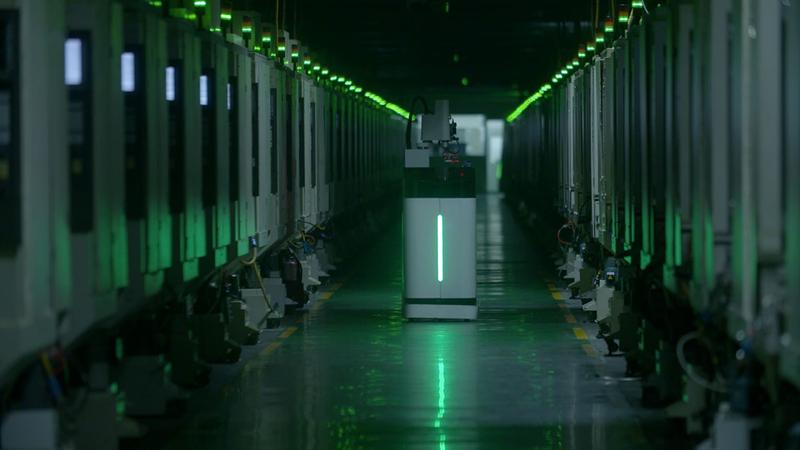 The Foxconn Industrial Internet facility in Guangdong province is seen. (PHOTO PROVIDED TO CHINA DAILY)
The Foxconn Industrial Internet facility in Guangdong province is seen. (PHOTO PROVIDED TO CHINA DAILY)
The Guangdong provincial government is set to establish a pilot system of chief data officers, with 10 cities in the province, including Shenzhen, Guangzhou and Foshan, already unveiling plans to implement it.
The move is viewed as a way of exploring data value as the Chinese mainland reinforces the usage and supervision of data.
The Data Security Law, which was enforced on Sept 1, demonstrates the nation’s resolve to tighten up data security reviews and create a comprehensive management system.
If an enterprise has yet to sort out the management process or upgrade it to a data-driven system, the work of the CDO is very likely to fail
Liu Zongchang, chief data officer of Shenzhen-based Foxconn Industrial Internet
According to the provincial authorities’ plans, the CDO system covers a wide range of government institutions, including district governments and function bureaus, such as the public security bureau and the human resources bureau.
Some districts have stipulated that every government institution, sub-district office and State-owned firm should have a data specialist.
Government officials said data experts will be responsible for promoting the development of smart cities and digitalization, improving the standardization of data management, launching innovative applications of data resources and supervising data usage.
Guangdong has created an enormous pool of data amid the digitalization era. The size of Guangdong’s digital economy tops the list in the country as the added value of the province’s digital economy reached 5.2 trillion yuan (US$776 billion) last year, accounting for more than a quarter of the provincial GDP.
However, the value of data has not been fully reflected and utilized in urban management and economic growth. Launching the pilot program is in line with Guangdong’s efforts to strengthen digitalization and further facilitate the development of smart cities.
The CDO concept first emerged in the early 2000s. Many top global companies have such experts to improve internal efficiency through data analyses and structuring.
But CDOs will have more responsibilities in the digital era. Liu Zongchang, CDO of Shenzhen-based Foxconn Industrial Internet — a Shanghai-listed company of Foxconn — said data is vital to the company’s operations, and he is responsible for turning its data and digitalization experience into services for other manufacturers.
Therefore, one paramount assessment criterion for a CDO’s work is how much profitability can be generated for the company.
Besides securing data and analyses, another role for CDOs is building data management mechanisms that can smoothen the production process and improve efficiency and yield.
Foxconn Industrial Internet has forged its data-driven operating criteria and data management system of multiple production lines into models and software, so that other manufacturers can use these tools directly.
Moreover, not all companies are suitable for setting up such a position, Liu said. If an enterprise has yet to sort out the management process or upgrade it to a data-driven system, the work of the CDO is very likely to fail.
As for the government, which may not have a specific profit target for evaluation, Liu suggested the contribution to economic growth act as a reference.



